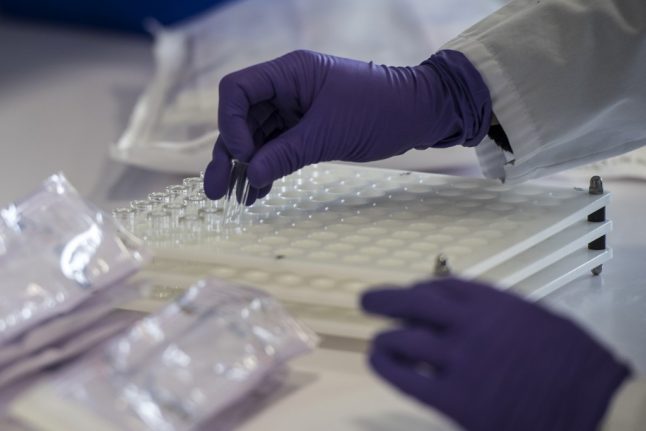According to World Health Organisation, more than 580 people have been infected with coronavirus so far, 17 of whom have died.
Aside from two confirmed cases in the US, the virus, which originated in the Chinese city of Wuhan, has not spread outside Asia.
But “given the evolution of the past few days and the approach of the festivities linked to the Chinese New Year, which begin on January 25, the risk of a spread increases”, Swiss Federal Office of Public Health (FOPH) said on its website.
However, FOPH noted that “there is no reason at the moment” to implement the same restrictive measures in Switzerland as had been taken at the Fiumicino Airport in Rome and at London’s Heathrow, where passengers arriving from Wuhan are checked for signs of coronavirus.
No such controls are taking place at international airports in Zurich and Geneva.
Nevertheless, Switzerland is “closely monitoring the situation and is preparing with its partners for several scenarios involving the spread of the coronavirus”, FOPH said.
It added that the National Reference Center for Emerging Viral Infections located in Geneva can confirm the presence of the new coronavirus through laboratory analyses. “Suspicious cases can be clarified and then dealt with if necessary”.
For people traveling to China in the near future, FOPH is recommending the following guidelines:
Practice good personal hygiene, including washing your hands regularly.
Avoid fish markets, as well as markets selling live or dead animals.
Eat eggs and meat only if they are thoroughly cooked.
Avoid contact with animals and their droppings.
Steer clear from people suffering from respiratory symptoms.
Travelers returning from China with respiratory problems or other signs of infections should consult a doctor immediately, FOPH said.
READ MORE: What can you do to help fight Switzerland's flu epidemic?



 Please whitelist us to continue reading.
Please whitelist us to continue reading.
Member comments